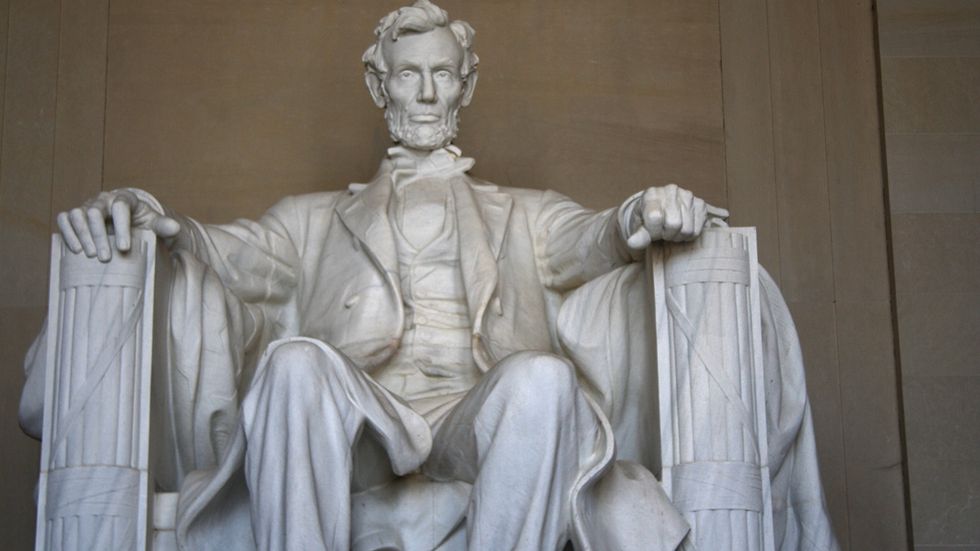
© 2024 Blaze Media LLC. All rights reserved.
June 16 marks the anniversary of one of the most important and memorable speeches in American history, one that seems especially poignant for our times, as it comes from a portion of our history in which Americans were even more bitterly divided.
On June 16, 1858, our republic was fast approaching a breaking point that could have killed it. Addressing the Illinois state convention of the recently formed Republican Party was the party’s newly chosen candidate for Senate, Abraham Lincoln.
Kicking off an eventually unsuccessful campaign against incumbent Democrat Stephen A. Douglas, Lincoln not only set about the business of differentiating his stance from his opponents, but laying out his dire prediction for a republic that could not long continue in its present state:
Mr. President and Gentlemen of the Convention.
If we could first know where we are, and whither we are tending, we could better judge what to do, and how to do it.
We are now far into the fifth year, since a policy was initiated, with the avowed object, and confident promise, of putting an end to slavery agitation.
Under the operation of that policy, that agitation has not only, not ceased, but has constantly augmented. In my opinion, it will not cease, until a crisis shall have been reached, and passed - "A house divided against itself cannot stand."
I believe this government cannot endure, permanently half slave and half free.
I do not expect the Union to be dissolved — I do not expect the house to fall — but I do expect it will cease to be divided.
It will become all one thing, or all the other.
Either the opponents of slavery, will arrest the further spread of it, and place it where the public mind shall rest in the belief that it is in course of ultimate extinction; or its advocates will push it forward till it shall become alike lawful in all the States, old as well as new-North as well as South.
The full text is at the National Park Service’s website.
The campaign would eventually culminate in the famous Lincoln-Douglas debates, in which the two candidates addressed issues of slavery, liberty, and sovereignty for hours on end. Douglas was re-elected to his Senate seat, but the Republicans did earn more of the popular vote in the state, a serious accomplishment for the young party.
Lincoln would eventually become the Republicans’ nominee for presidency, and the rest, as we know, is history.
Want to leave a tip?
We answer to you. Help keep our content free of advertisers and big tech censorship by leaving a tip today.
Want to join the conversation?
Already a subscriber?
more stories
Sign up for the Blaze newsletter
By signing up, you agree to our Privacy Policy and Terms of Use, and agree to receive content that may sometimes include advertisements. You may opt out at any time.
© 2024 Blaze Media LLC. All rights reserved.
Get the stories that matter most delivered directly to your inbox.
By signing up, you agree to our Privacy Policy and Terms of Use, and agree to receive content that may sometimes include advertisements. You may opt out at any time.



